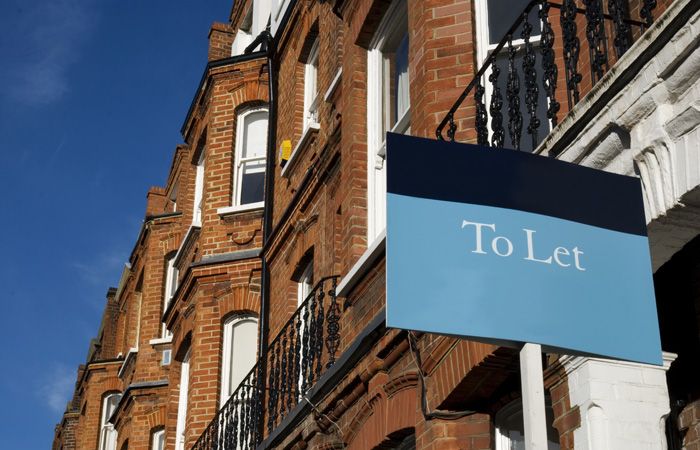Owners of empty homes will face double council tax charges from 1 April, confirms the Department for Levelling Up, Housing and Communities.
The new 100% council tax surcharge rules will apply when a property has been empty for 12 months, rather than the current two years.
Councils will be given new powers to introduce the tax premium on second homes in their area from next year, “bringing in millions more for public services, or keeping overall council tax bills down,” the department says.
It adds that “a very limited number of exceptions have been set out following a public consultation, which will ensure the changes are fair to homeowners”.
Exceptions will apply to empty homes that are uninhabitable due to extensive renovation, second homes that are not available for use year-round due to planning restrictions, or for up to a year on homes that have been inherited to prevent families who are grieving from having to pay.
The department says the move gives homeowners “clarity so they can plan for the changes before they take effect, while councils will be able to budget for millions more to spend on public services”.
It did not give estimates on how much revenue this change will raise.
The number of long-term empty homes in England rose 5%, or by more than 12,500, to 261,189 last year, according to charity Action on Empty Homes.
Over 8.5 million people in the UK cannot access the housing they need and over 250,000 families and individuals are experiencing homelessness, said Lloyds Banking Group during National Empty Homes Week earlier this month.
The lender added that nearly 1.5 million households across the UK are “stuck on social housing waiting lists and record numbers of households are trapped in temporary accommodation”.
Minister for local government Simon Hoare says: “Long term empty properties are shutting local families and young people out of the housing market as they are being denied the opportunity to rent or buy in their own community.
“So, we are taking action as part of our long-term plan for housing. That means delivering more of the right homes in the right places and giving councils more powers to help give local people the homes they need.”
“This follows reforms to give councils greater power to control short-term lets by making them subject to the planning process which will protect people from being pushed out of their local areas, preventing a ‘hollowing out’ of communities and ensuring local people can continue to live in the place they call home.”
Chancellor Jeremy Hunt abolished holiday let tax breaks in the Spring Budget last week.
The Treasury estimated cutting this short-term let relief will save the government £245m a year.
This move will take effect from 6 April 2025, with “draft legislation to be published in due course,” the government said.







